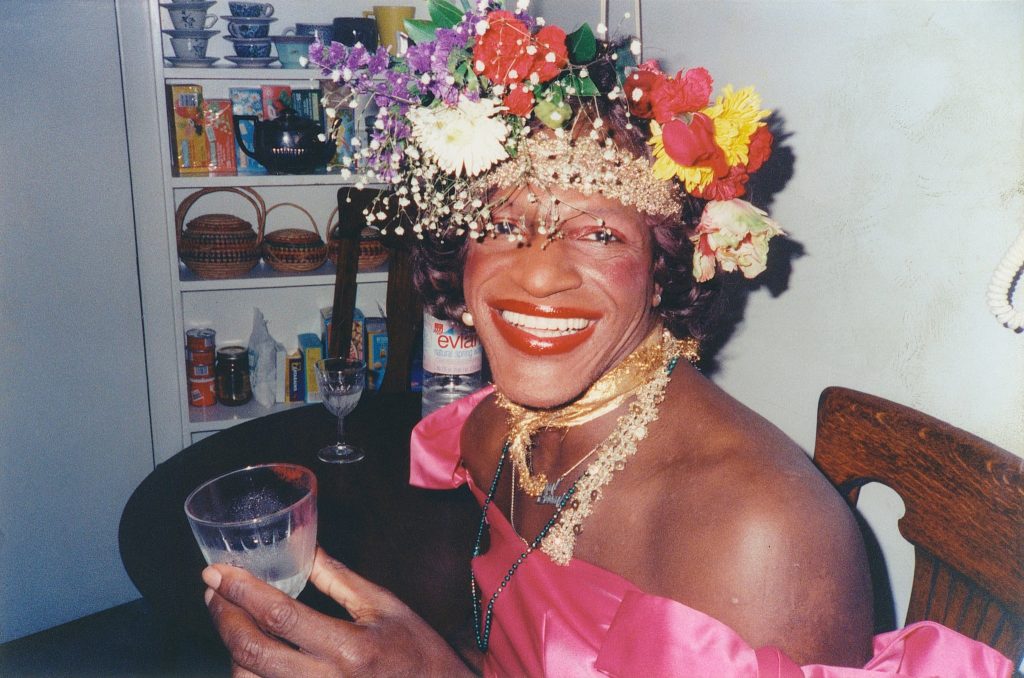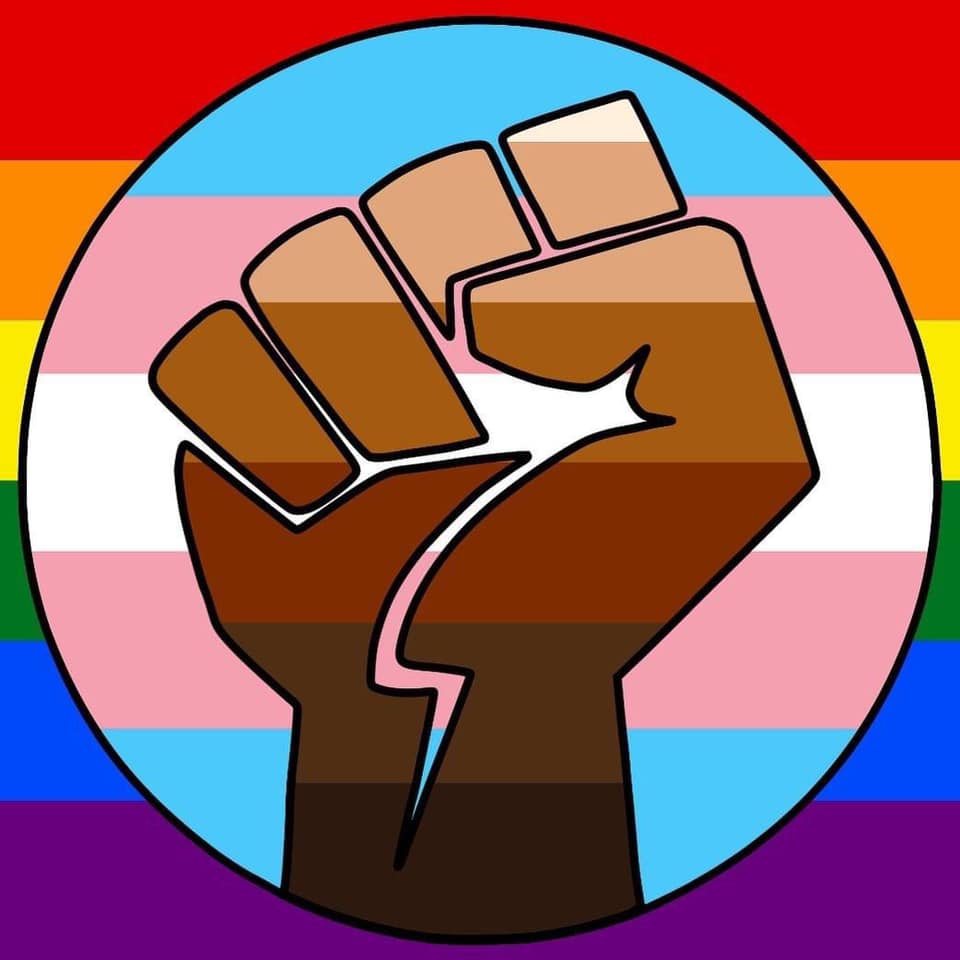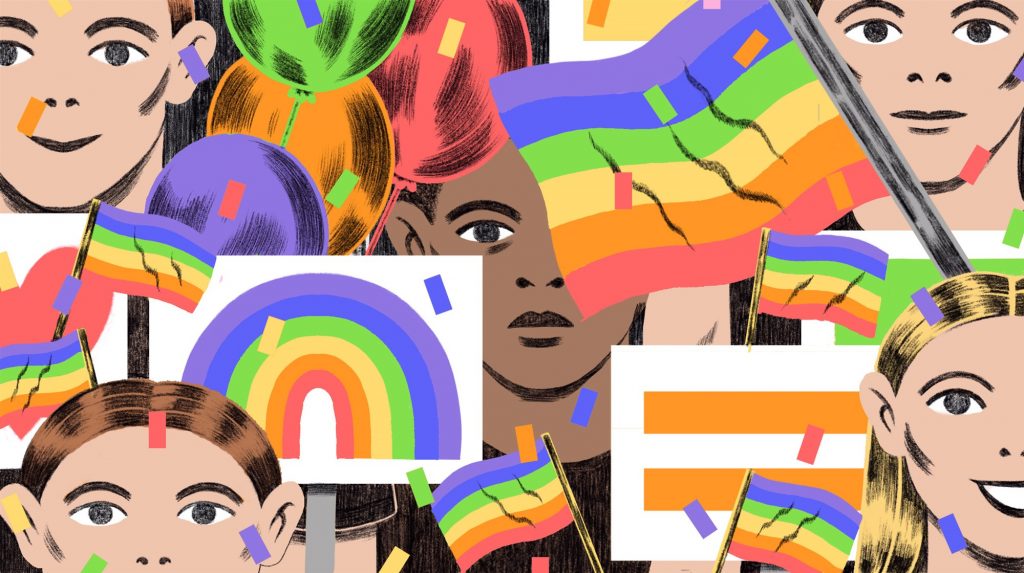The Driving Event

On June 28th, 1969, officers of the New York City Public Morals Division (part of the police department), raided the Stonewall Inn, a gay bar in New York city. According to Forbes, “Back then, the Public Morals Division enforced all laws for vice and gambling, including prostitution, narcotics and homosexuality. Cops could arrest and even force hospitalization of gay people.” Sound familiar?
These raids happened often, but this time, people in the bar fought back. One of these people was Martha P. Johnson, a transgender activist. She threw a shot glass into a mirror, and many others joined the fight. Another transgender member of the protests was Sylvia Rivera. It’s important to recognize these women as part of the movement, because they haven’t been talked about widely in the history of pride. As a straight person, I had never heard of Martha or Sylvia, and am just not educating myself about their lives.
The protest lasted six days.
Of course this wasn’t the start of the LBGTQ+ movement, but from then on, the anniversary of the riots were remembered with celebrations and demonstrations. These events help bring awareness about LGBTQ+ issues (e.g. AIDS, gay marriage).
The date of the Stonewall Inn raid is the reason Pride month is in June!
Modern Day Pride Month
Pride Month is for people whose sexuality or gender identity is different from the privileged identity of heterosexuality. While people that identify as heterosexual can attend, as allies we must remember that these events are not for us. Here are some quotes from members of the LGBTQ+ community and allies about how and when straight allies can attend pride (these quotes were taken from a response in a question on my instagram story)
“I feel like, as with all forms of allyship, allies must educate themselves first. Study history.”
When supporting a friend/ invited by a friend/ not making it all about allies.
When they respect those who are part of the LGBTQIA_+ community and don’t threaten them.
In my opinion, if they go, then there should be LGBTQIA+ friends present- it’s important to let LGBTQIA+ people have their space- allies are welcome but please don’t hog the spotlight.
Diversity within the LGBTQIA+ Community

It should be no surprise that black people within this community experience even more oppression, hate and danger than white people. It is important to honor and fight for black people in the LGBTQIA+ community during this Pride Month. Since I am not part of the LGBTQIA+ community nor a person of color, I can’t accurately describe the race and sexuality privilege intersections, but this article outlines them well.
Here’s are quotes from the author, George Johnson:
“While rainbows are replacing corporation logos across the nation, Black folks like myself are attending rallies for the death of our trans sisters— most recently like Layleen Polanco Xtranveganza, who was found dead in her jail cell in Rikers Island, and Zoe Spears who was shot to death on June 15th.”
“Sadly, Pride month has never really been about having pride for Black queer people. We have long been burdened with the work of removing homophobia from Black communal spaces while also taking up the fight against racism in all spaces. We have seen a white gay man named Ed Buck escape accountability for the deaths of two Black gay men found in his home— a jarring reality that shows us just how much power white queers wield over queers of color. We watch violence occuring at alarming rates in the Black queer community while rainbow capitalism continues to dominate an “inclusion” conversation that never seems to include us.”
Resources for the Black LGBTQIA+ community and Allies
1. If you want to read more about the aforementioned “rainbow capitalism”, check out my blog post on Pinkwashing.
3. Support Black LGBTQIA+ Students
4. Here are a few organizations you can donate to that support black LGBTQIA+:
- Homeless Black Trans Women Fund; Atlanta, Georgia
- Black Trans Travel Fund; New York City
- Emergency Release Fund; New York City
- F2L Relief Fund; New York State
- For The Gworls Party; donations are collected through Venmo, PayPal, and Cash App
I end this section with a summarizing statement of privilege between white and black members of the LGBTQIA+ community from George Johnson:
While Black queer people are still fighting for survival, white queer people were fighting for marriage equality. This is not to say that marriage equality isn’t important, but it is certainly not the only fight. Although we all share the same oppressors, white queer folks must come to terms with the fact that they play a role in the harm experienced by Black and Brown queer folks — a problem they could stop if they acknowledge the privilege they have, this month and every month.
What Can Allies, Especially White Allies Do?

- Realize your privilege (especially as a white, gay male).
Queer men of color are four times more likely to live in poverty than white gays, who experience poverty at the same rate as straight men. Despite the fact that black gay men use condoms more often and have less sexual partners than their white peers, they are six times as likely to have an undiagnosed HIV infection and nearly 60% less likely to enroll in treatment because of barriers to good health care. Think about the Tuskegee Syphilis Experiments.
- Research and educate yourselves on the experiences of black people in LGBTQIA+ community.
- One great place to start is the Black History Month Resource Kit on GLAAD.org.
- Recognize impactful black people in the LGBTQIA+ community. This article names seventeen.
- Learn about the range of sexualities on the LGBTQIA+ spectrum. You can do so on with my LGBTQIA+ dictionary.
- GLAAD also has a glossary and terms to avoid which you can find here.
- Show that you support the community in your actions. It’s always nice to have a pride flag, or have a sign on your lawn supporting the community. But like with all allyship, show your support in your actions and language too. If you hear someone using hate speech or being ignorant, say something. True advocacy happens any time, not just when you’re in the presence of someone in the community or at an event specifically for them (Like Pride or a protest).
- Use appropriate pronouns for a person! If you’re not sure, ask what their pronouns are! Also, normalize the act of saying your pronouns by adding your pronouns to your social media bio, resume, email signature, etc. and use them when you introduce yourself as often as possible!
- Know that when someone comes out to you, it’s because they trust you. It does not mean you have the right to share it with others. It takes a lot of courage for someone to come out. I actually did this once when I was younger, assuming because this person had come out to me that everyone knew. It was not my place to tell others about their sexuality. Now I know the weight that it carries when a person comes out to you.
- Listen. As an ally, we cannot always relate. Show empathy and actively listen.
- Speak up. I mentioned it before, but it’s worth reiterating. If someone makes a joke or a politically incorrect comment, voice your opposition and explain why.
- Make sure only to support businesses that support people of the LGBTQIA+ communities.
- This Human Rights Campaign document outlines the best places to work for people in terms of corporate equality in the LGBTQIA+ community. Included are: Walmart Inc., Exxon Mobil Corp. , Berkshire Hathaway, Apple Inc., and CVS Health Corp. They were rated on non-discrminatory policies, benefits for LGBTQIA+ employees and families, and supporting an inclusive culture and corporate social responsibility, among other more specific factors.
- Here’s a list of 9 organizations that donated to anti-LGBT politicians.
- Consume media about racially diverse LGBTQIA+ couples, like this one in the New York Times titled “Brown, Black, Queer and Invisible.”
- This article talks about movies you can watch that are Celebrating Pride on Film.
- Don’t ask about why there isn’t Straight Pride Month. If you’re straight, you live every day knowing you were born with the right to love whoever you want. You can walk in public and show affection with your significant other and not be judged because of the gender of the person you are with. Just to name two of the long list of straight privileges.
- Don’t make pride all about you. If you go to pride, you don’t need to post about it just to prove you’re a good ally. For education purposes, sure. But don’t sensationalize pride or take pictures of others just for the purpose of posting on your social media. As a straight ally especially, it’s your job to listen and observe, and respect boundaries.
This is just one of many posts I am making for Pride month. As allies, we need to take time to educate ourselves about the lives of people within the queer community, especially black lives, by looking at what language to use and how to best be supportive. If you’re looking to learn more about terminology related to LGBTQIA+, check out my LGBTQIA+ dictionary. For more resources, check out my Resource Hub. The Human Rights Campaign, GLSEN, and GLAAD have many ways to advocate for LGBTQIA+ rights as well. For more racial justice based resources, check out my Racial Justice Resource Page.
Happy Pride to all the LGBTQIA+ folks out there!

